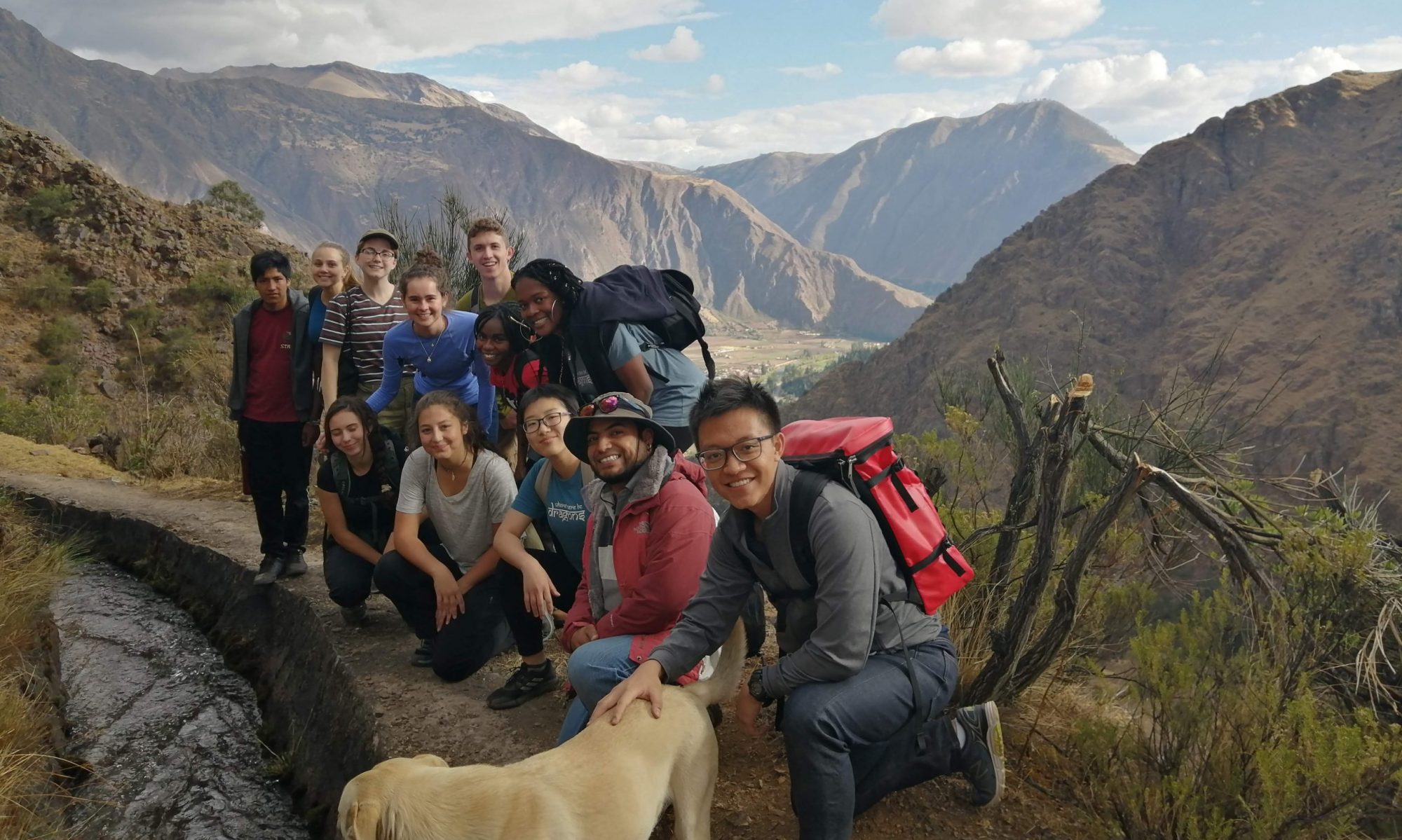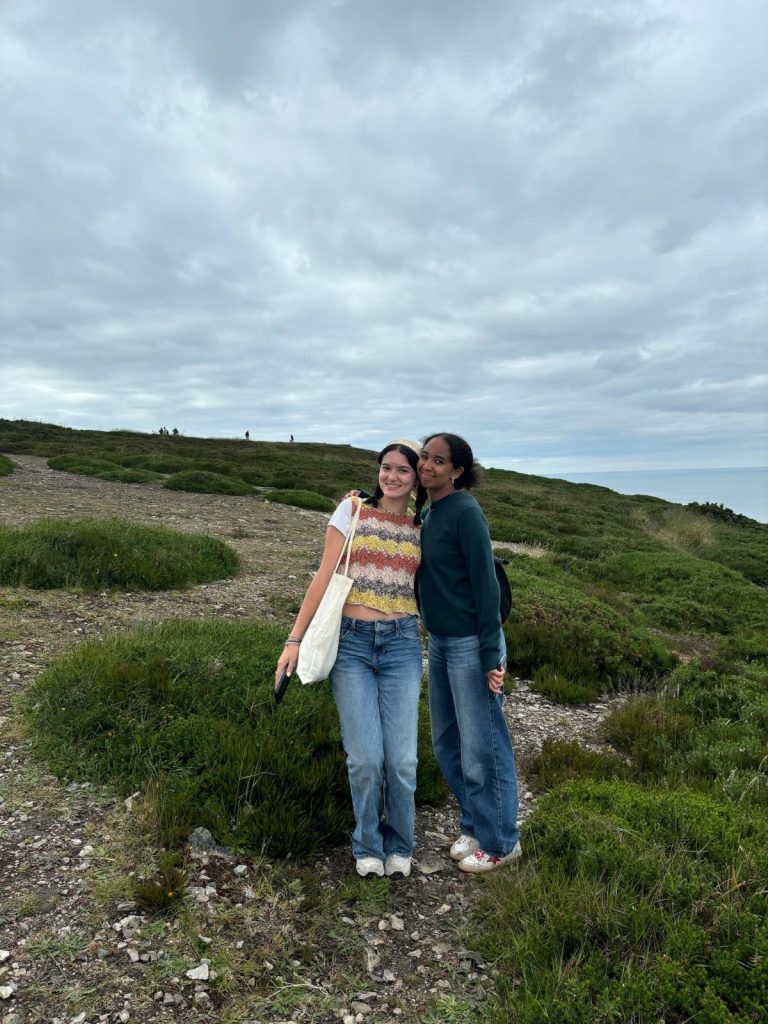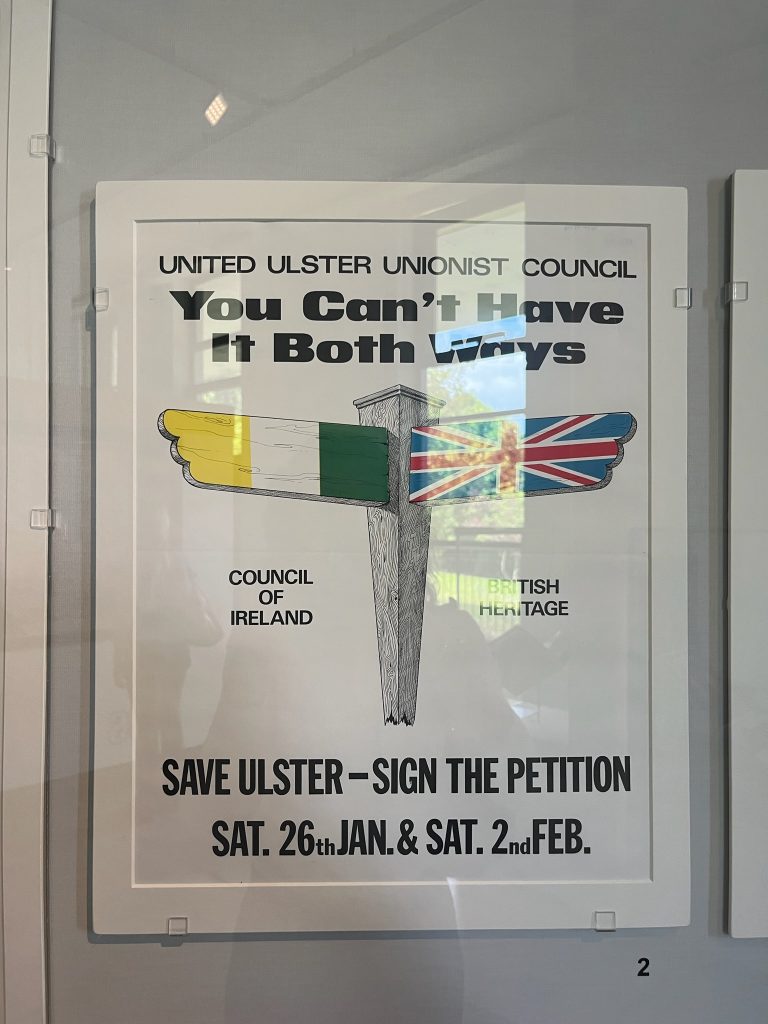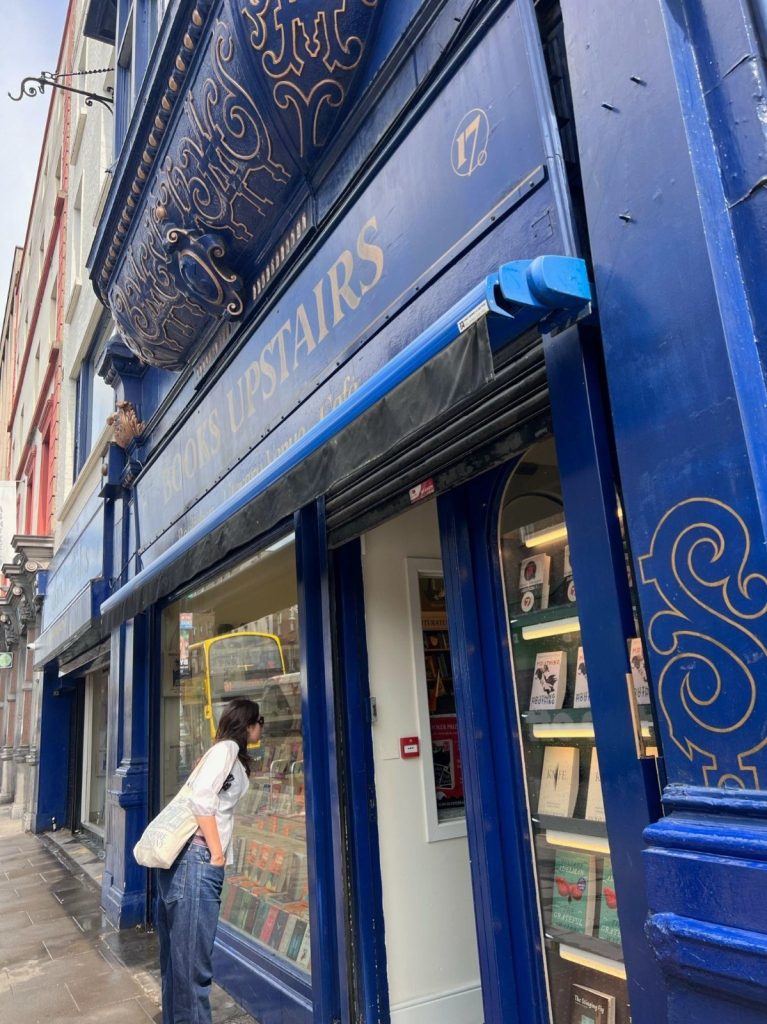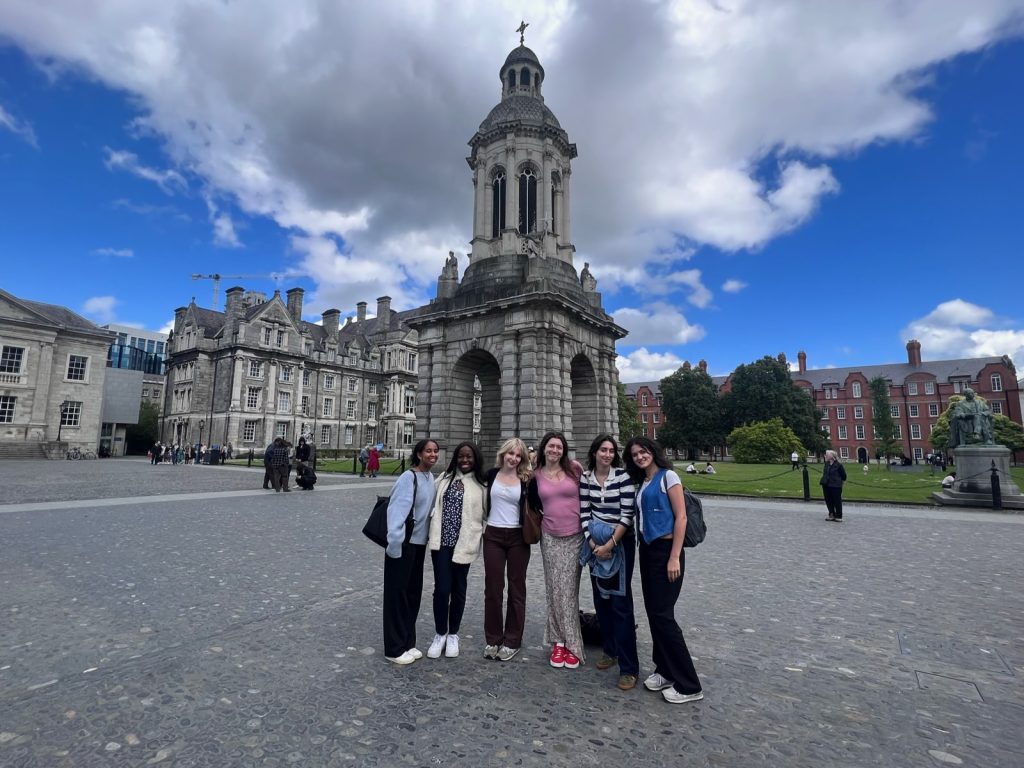By Madison Bradford
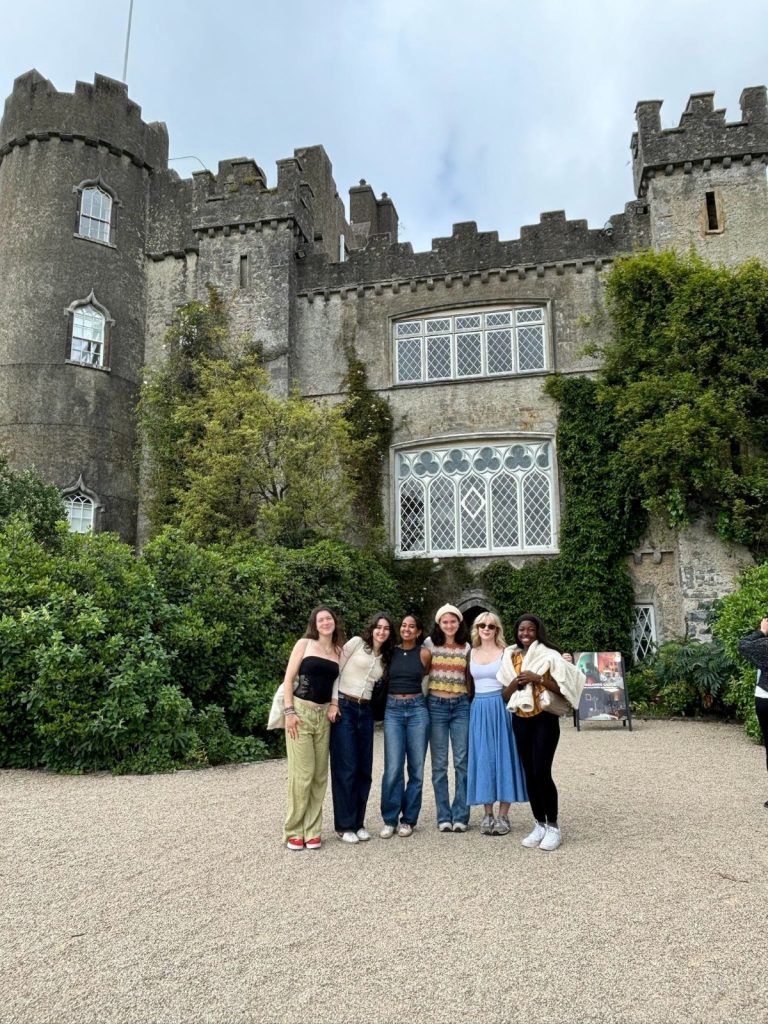
June 4th was the last day of our trip, with most of us heading out in the early hours of the morning to catch their flights out of Ireland. However, Mika and myself are staying a few days extra to go visit my family, which ended up being quite useful for us.
In the morning, we said a tearful goodbye to the girls from the trip as they headed out. Though it was sad to see them go, I am happy to say this sadness was only because we all got along so well. Before the trip, most of us had only spoken a few times at meetings and events for WIIR, so I was incredibly grateful for the quick friendship which emerged amongst all the girls.
After they left, Mika and I had our final interview, with journalist Una Mullally. Lauren Lovelace, an alumna from Tufts, was the one to connect us with Una. Una was actually out of town until late Monday night, so luckily, since Mika and I stayed a little longer, we were able to meet up with her in the afternoon on Tuesday. The meeting went very well – it was interesting to talk to someone who was so well-versed in the social and political climate of Ireland. Moreover, because Una does not work for any specific organization, she was free to say her actual opinions. She was honest with us about issues of discrimination and the housing crisis in Ireland, and went into their causes and possible effects. She also talked for a bit about the United States and explained the unique circumstances of Ireland and how they cause nuanced differences between racism in the US versus Ireland. We ended the conversation by speaking about the women’s rights movement in Ireland, and how she felt that there is a possibility for the right of abortion to eventually become more inclusive in Ireland. For privacy, Una did not have us take photos, but the visit was wonderful and we took loads of notes.
Now that the trip is over, I am on the train to the countryside. I am incredibly grateful to IGL for the opportunity of this trip. I learned an incredible amount from so many different people, and I made memories that will last forever. Now, I am actually quite excited to go home and get to writing my paper, as I have become more and more informed and inspired this past week.
